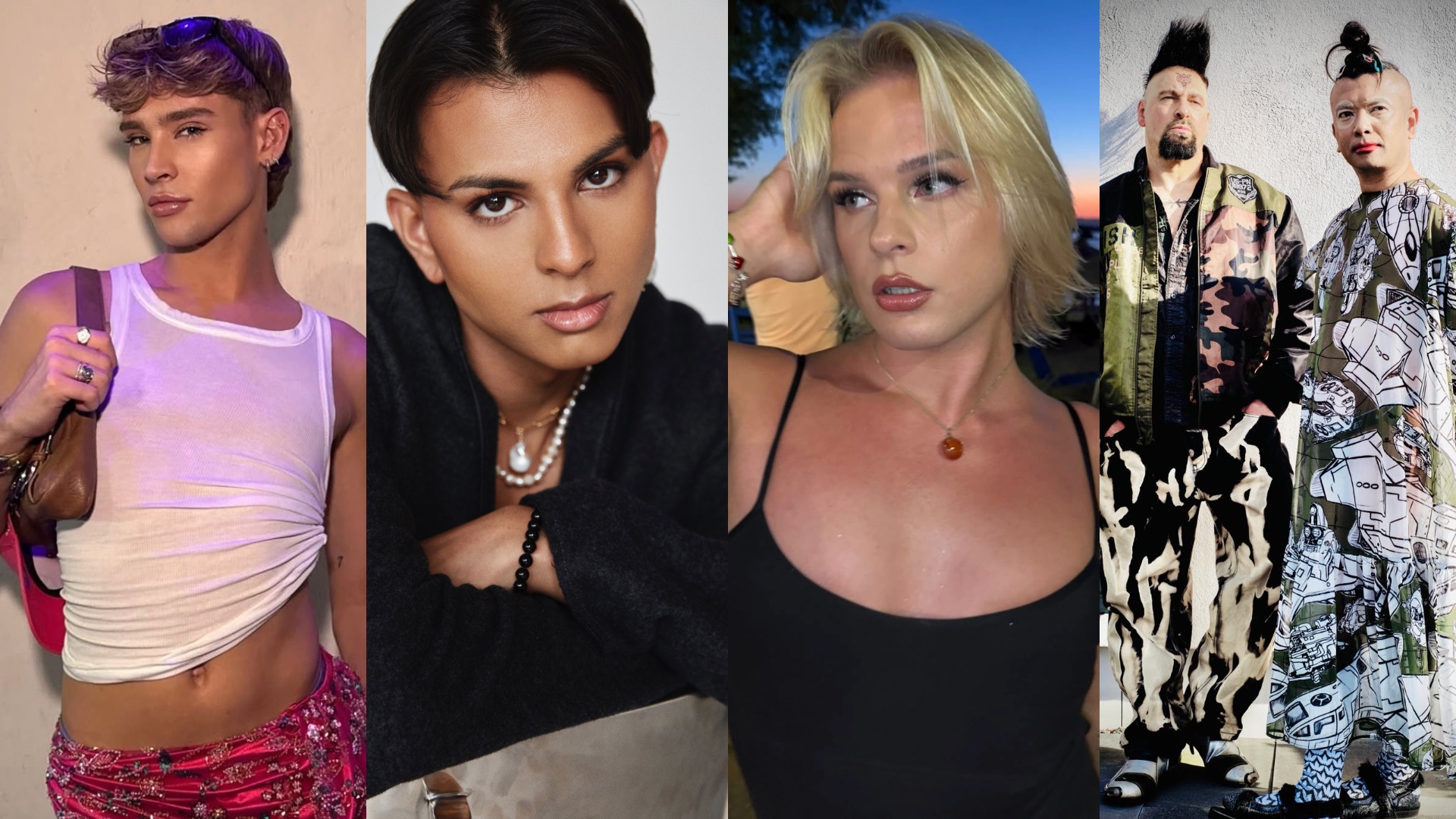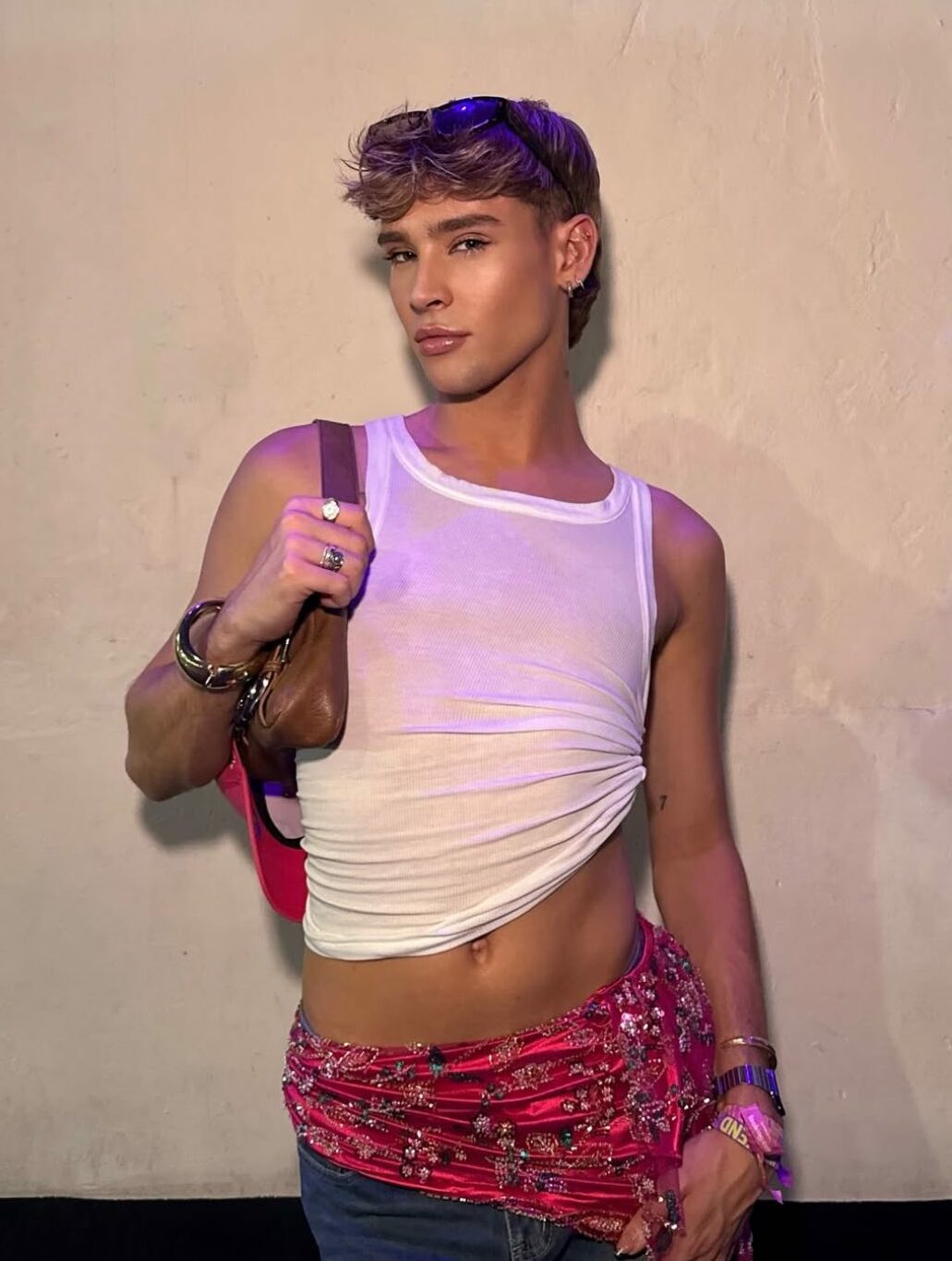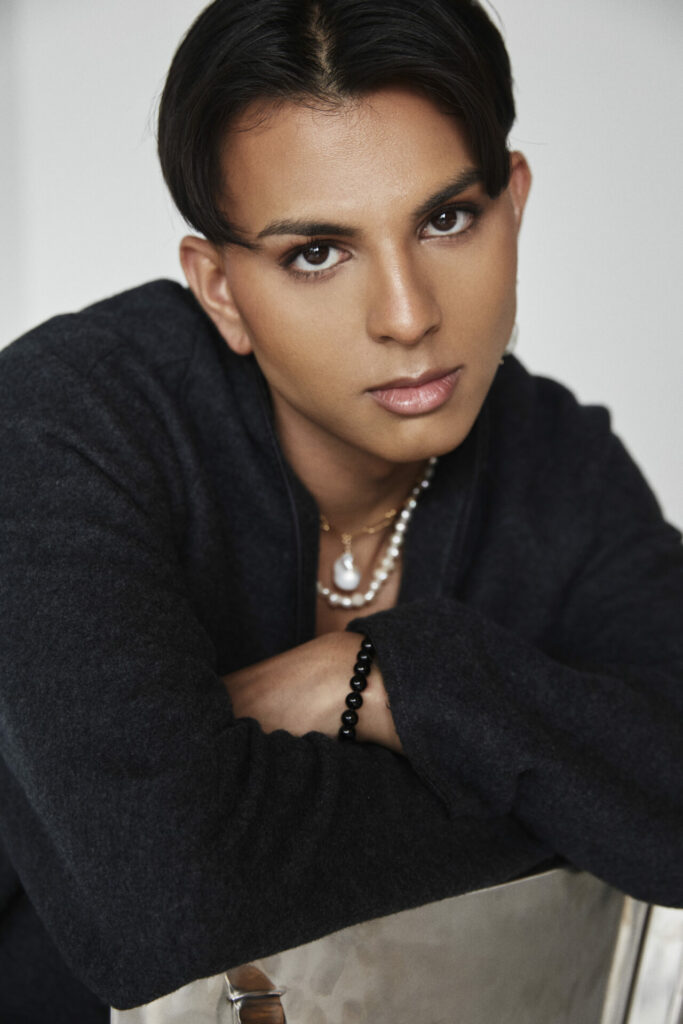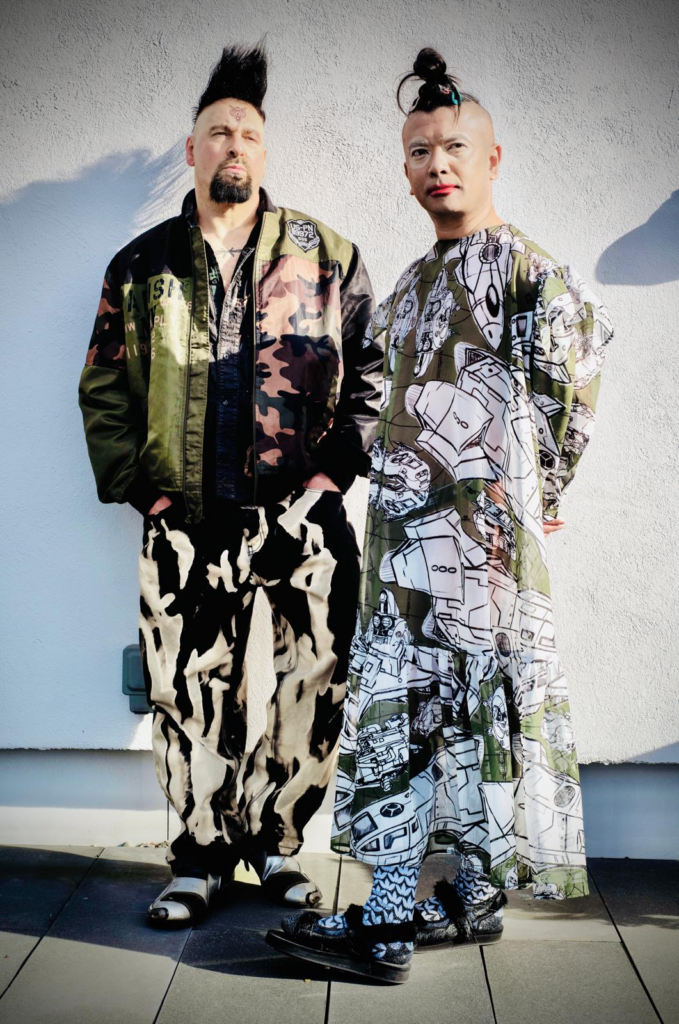Is the term ‘femboy’ offensive? Four voices from our community tell us what they think
Jack Smith, Jason Patel, Leona and VIN + OMI give their take in our regular Foursight feature


Jack Smith (he/him)
I Kissed a Boy star
I don’t think there’s anything innately wrong with using the term “femboy”.
Labels can often be affirming, fun and empowering when used in a way that celebrates what makes us different. For me, leaning into my femininity feels like not only me being my true self, but also a reclamation of power in a world that often criticises anything outside of the binary “norm”.
Where I believe things start to get complicated is intention. If someone says femboy with affection and respect, that’s great. However, when used to belittle and stereotype, that’s where the harm begins. So much of our queer experience can involve navigating terms that can either affirm or harm us, depending on who’s saying them and why. It’s less about avoiding certain labels as opposed to asking: is this term being used to celebrate our queerness or govern it? Our language should be expansive — not limit us as a community. If femboy helps someone feel seen, like myself, that’s such a beautiful thing. However, if used to insult, it simply amplifies the hate that, as a community, we’re trying to move past.

Jason Patel (he/him)
Actor
When I first came out in 2011, I had spent years trying to be someone I wasn’t. So I swung to the other extreme, throwing myself into my organic softness and flamboyance. People often labelled me “camp”, but I always felt there was a difference; I wasn’t camp, I was more feminine. That’s where the word “femboy” became connected to me: it sits in an in-between space, celebrating fluidity between masculinity and femininity without forcing you into rigid boxes.
For me, being a femboy was both joy and politics. Makeup, clothes and presentation became a declaration: yes, I’m sensitive, soft, flamboyant, and that’s beautiful. But the word also carried tension. I noticed how femininity attracted validation from hyper-masculine men, which pushed me deeper into performing it. At times, I questioned: am I doing this for myself, or for others?
Culturally, the popularity of the femboy of the late 2010s paved the way for something bigger and I remain proud of that era. Femboys are a game-changing community that unapologetically challenges how beauty, gender and desirability
can look.

Leona (he/him)
Adult content creator
I’ve always felt that words only have as much power as we allow them. Can words truly hurt us, or does the pain come from the insecurities and traumas we carry? Personally, I don’t find “femboy” offensive, though I understand others may see it differently. We live in a time where almost anything can be perceived as offensive, but to me femboy is simply an adjective: a feminine boy. If the word feels offensive, I think it often speaks more to the struggles someone is facing within themselves than to the word itself. At the end of the day, it comes down to gender identity, which is always a sensitive subject. So many people in the community are still discovering who they are and where they want to go — and that takes time.
You should never feel rushed in that process. Explore, experiment and allow yourself the space to grow, but don’t turn confusion into anger at the world. Instead, show yourself love and wear your identity with pride. You deserve to shine — and the world deserves to see it too.

VIN + OMI (he/him)
Fashion designers
It’s hard not to hear “femboy” as an insult. It’s society’s fault. The vast majority of the world still perceives feminine guys as a negative thing and that’s very sad. Obviously, the term femboy carries different weight depending on who is saying it.
History has a chunk of words used to describe feminine behaviour in males. People often think it’s OK to call someone camp; it’s not OK if that person cringes every time it’s thrown at them.
Sadly, many in the gay community still have the idea that the most masculine gay is at the top of the pile. How the word femboy is received and perceived is also about what turns you on. Everyone is so very different, and we all have varying levels of perceived masculinity and femininity.
Omi (pictured, on the right) regularly wears dresses and paints his face. He identifies as a man in a dress and he still feels masculine. He would take offence at being called a femboy if the tone was wrong.
We love it when someone owns the word femboy — it’s a new strong identity. Let’s hope it crosses over to be as positive as the word masculine.
This is from the Attitude Awards 2025 issue. Order your copy now or read it alongside 15 years of back issues on the free Attitude app.
